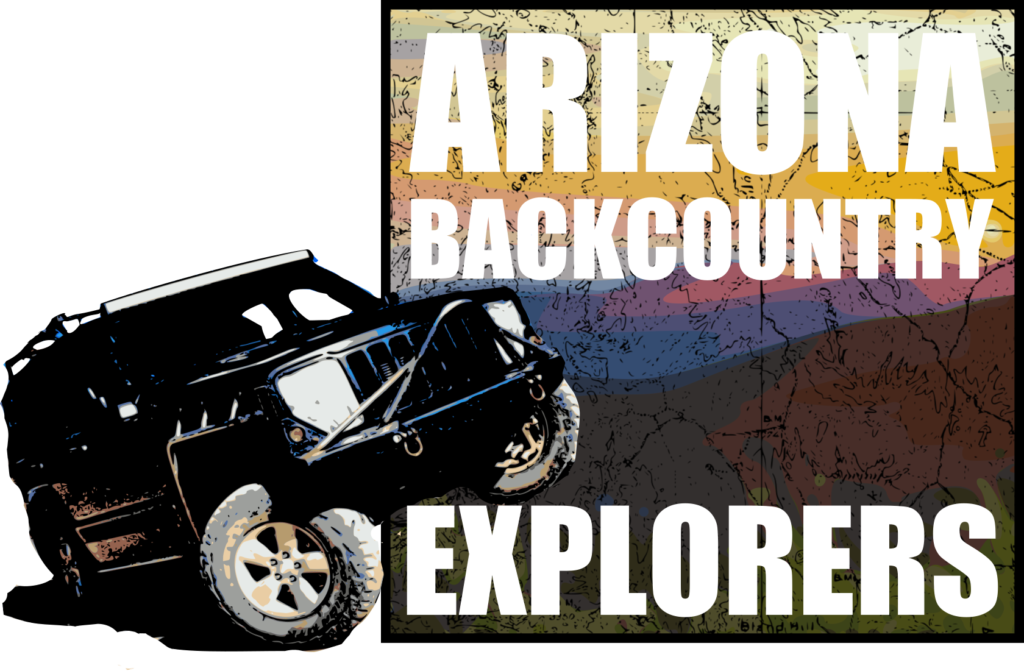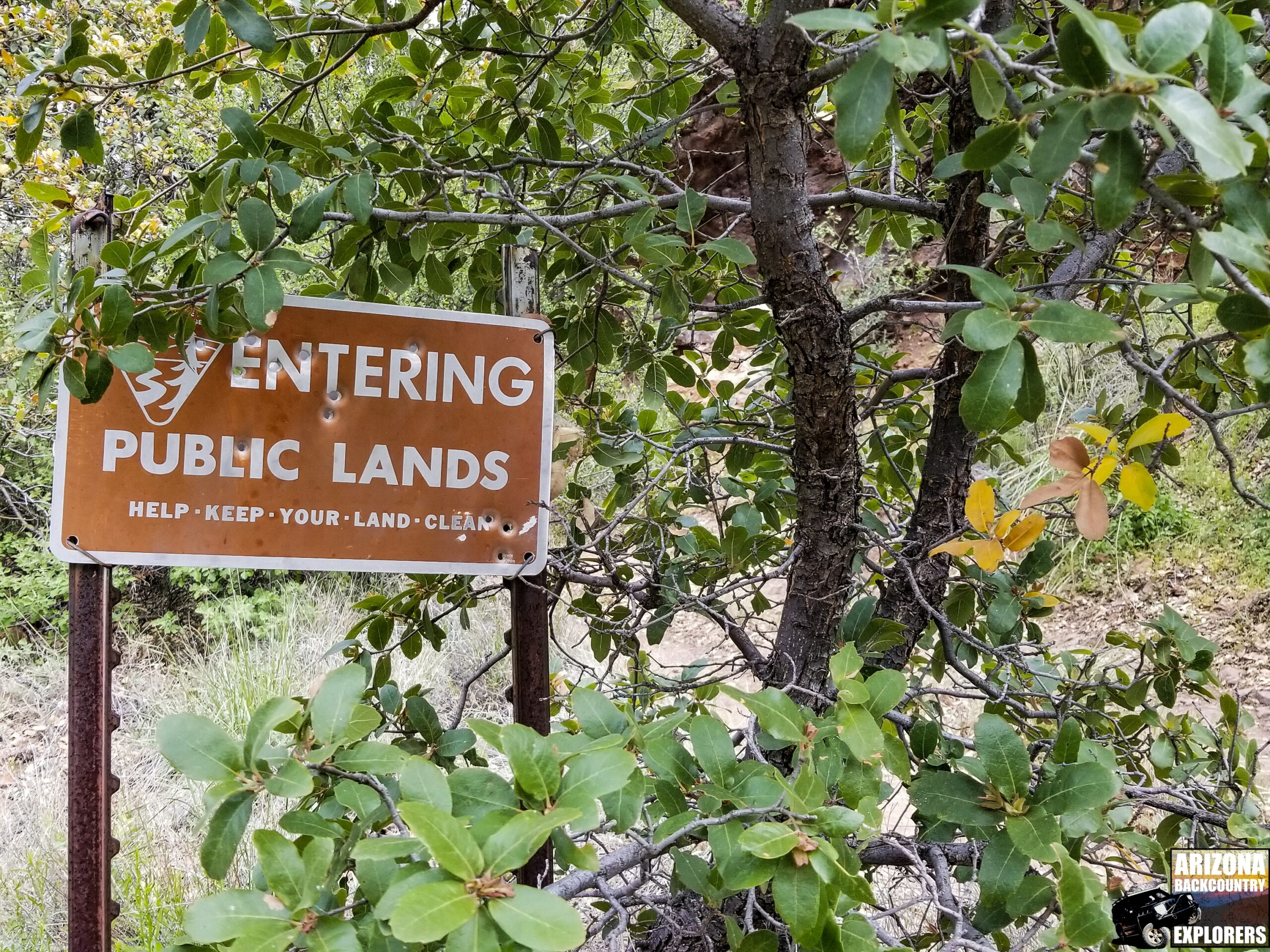Your cart is currently empty!
Posted in
The Trump Administration governed from a philosophy of reducing regulations and increasing productivity, which, as his presidency demonstrated, leads to a stronger economy and better conservation practices. From this perspective, the Trump Administration rewrote the Waters of the United States (WOTUS) definition, rolling back its reach, and revised the National Environmental Policy Act (NEPA) regulations reducing project delays, among other needed changes. Additionally, they enacted clarifying rules under the Endangered Species Act (ESA) that limited the reach of critical habitat boundaries.
These are now being erased. The Biden Administration has started the rewrite of the WOTUS rule under the Clean Water Act, signaling the end product will look more like the Obama-era rule, which allowed for the extraordinary reach of the EPA’s “navigable waters” definition to include areas such as wet meadows and prairie potholes.
The first draft of the first phase of the NEPA rule revision has been released, essentially reverting to the 1978 rules where the “Purpose and Need” statement of the analysis was unnecessarily broad and the scope of “Reasonable Alternatives” had few limitations. The result will be longer delays for project approvals and fewer “non-green” deals going forward. Attorney Rebecca Hays Barho with the Nossaman law firm in Austin, Texas provides a good explanation of the proposed rule here (comment deadline November 22nd).
And the Trump rule, which defined critical habitat of an endangered species to be limited to lands the species actually occupies, instead of any habitat they may use in the future — is also being thrown out. The U.S. Fish and Wildlife Service is only allowing a short 30-day public comment window for this Endangered Species Act rule revision. The last day to submit comments is November 26th, the day after Thanksgiving.
By water, by land, and by species, the Biden Administration is using every tool in the toolbox to shed the Trump protections for landowners and wrap our lands in layers of regulatory controls. We stop them by confronting these actions, educating our neighbors, and shining the bright light of truth on their agenda.
Tags:
You may also like…

Visit the AZBackroads.com Store

Please Become A Member
We need your help to keep our backroads open. Please join today!




